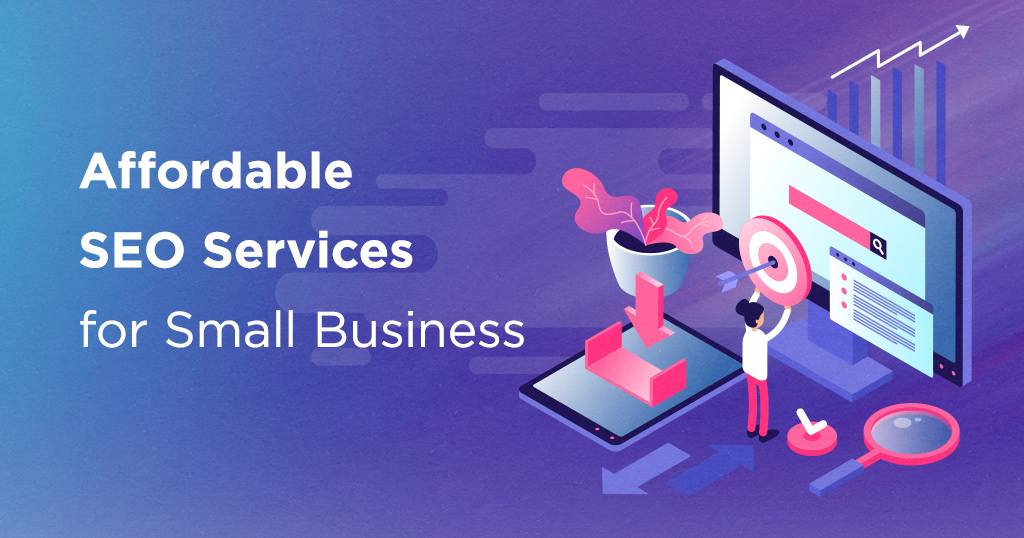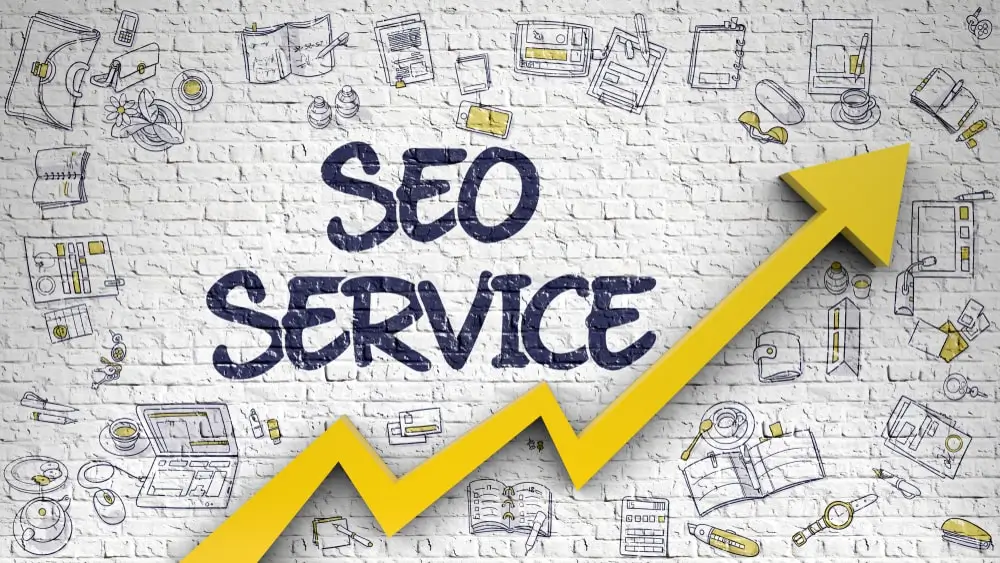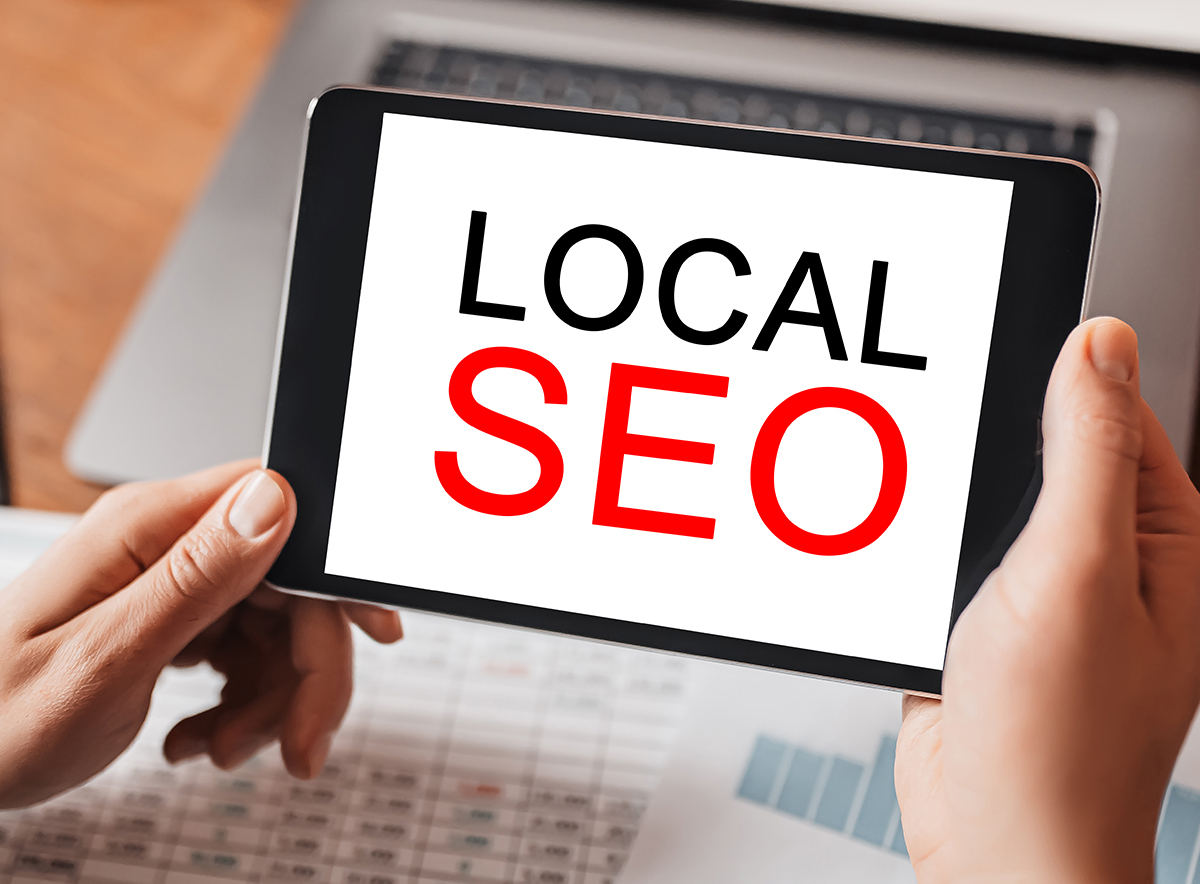Search Engine Optimization (SEO) is a major part of digital marketing. As a small company, an e-commerce brand on the rise, or a large organization, defining the fundamentals of SEO can assist in driving organic traffic. You can also improve search rankings and generate long-term results. You have two basic strategies in SEO services: On-Page SEO and Off-Page SEO.
In this blog post, we will deconstruct some of the differences between these two essential pillars of SEO, how they interact, and why a winning SEO strategy is impossible without one.
What Is On-Page SEO?
Most people ask what is on page and off page SEO. On-page SEO, synonymous with on-site SEO, is all the optimization on your site. It is part of improving aspects you have direct control over to enhance search engine visibility and the user experience.
Key Elements of On-Page SEO
1. Content Quality & Keyword Optimization
The fundamental approach to on-page optimization is to create quality, valuable, and informative content. The content matches search intent and uses keywords naturally, notably in titles, meta descriptions, headings, and the first 100 words
2. Meta Tags (Title Tags & Meta Descriptions)
Meta tags assist the search engine and the user in knowing the content of your page:
- Title Tags should be descriptive, short, and keyword optimized (usually 50-60 characters).
- Meta Descriptions preview the page (not more than 160 characters) and may be interesting to increase the number of clicks.
3. Header Tags (H1, H2, H3…)
Adequate application of heading tags gives the content structure. H1 is the title of the page, and then H2, H3. Comes with organizing subtopics. This increases the SEO and readability.
4. URL Structure
SEO-friendly URLs are precise and clear and contain some keywords. Example:
www.example.com/on-page-seo-guide
5. Image Optimization
Alt text on the image's description enhances easier accessibility and SEO, as the image should load fast by compressing it.
6. Internal Linking
Connecting within your pages also aids users in traipsing through your zone and distributes equity across your territory.
What Is Off-Page SEO?
In the page and off page seo difference, Off-Page SEO helps enhance the popularity and authority of your site beyond your domain. It has other sites and other platforms endorsing your site as reputable
Major Elements of Off-Page SEO
1. Backlink Building
Backlinks (meaning inbound links) are links to your site from another site. They are like votes of confidence and inform search engines that your material is valuable and credible. A backlink becomes more effective the more authority the connecting site has.
Types of backlinks include:
- Editorial backlinks from high-authority websites
- Guest blogging links
- Directory submissions
- Forum and Q&A links
Backlinks cannot be equal. Good, target links beat inadequate or irrelevant links.
2. Brand Mentions
Your mind, connected to the web, can be an index of trust and authority for search engines. It may be on social blogs, reviews, and news.
3. Social Signals
Although it is not a direct ranking factor, the content that receives high shares, likes, and engagement on social media platforms is. It can increase your visibility and good backlinks, and provide additional tools to enhance your overall SEO. Social media marketing also assists in attracting visitors.
4. Influencer & PR Outreach
Connecting with influencers, journalists, or bloggers can make your brand visible, raise credibility, and acquire a quality link to trusted sources..
5. Online Reviews & Reputation Management
Reviews posted on sites like Google, stpilot, or Yelp will also improve your site's credibility among search engines and visitors. A good online reputation complements your SEO outlook. A popular digital marketing agency, Webmatrik, offers the top SEO services to help clients grow and succeed in the long term.
Key Differences between On page and Off page Optimization
|
Aspect |
On-Page SEO |
Off-Page SEO |
|
Location |
Inside your website |
Outside your website |
|
Control |
100% under your control |
Depends on third parties |
|
Focus Areas |
Content, HTML tags, UX, internal structure |
Backlinks, mentions, shares, and brand authority |
|
Tools Required |
CMS, keyword tools, site speed optimizers |
Outreach tools, backlink checkers, PR efforts |
|
Main Objective |
Relevance & user experience |
Authority, trust & popularity |
Why You Need Both Onpage and Offpage SEO
Consider on-page SEO as your skeleton and off-page SEO as your reputation.
1. On-Page SEO: Builds the Structure
As good as the backlink is, an optimized page and a friendly site design are the critical factors that will make you rank even better. It should know your pages before being able to reward them by Google.
2. Off-Page SEO: Builds the Trust
You can optimize your pages, yet people will not see them in the ranking unless other websites testify to your trustworthiness. Backlinks are like a vote of confidence, indicating that you will rank higher on some competitive keywords.
3. SEO is a Team Effort
On-page SEO makes your site Google-friendly, whereas off-page SEO brings a reputation that makes your pages rise in the search engine. When used together, they are the key to a successful long-term SEO.
Final Thoughts
The true strength of SEO does not consist in whether it uses an on-page or off-page strategy, but in the ability to properly combine both. Consider them to be the two sides of a coin:
- On-Page SEO helps you provide structure, relevancy, and performance in your content.
- Off-Page SEO optimization establishes authority, confidence, and domain power.
When you regularly invest in these two areas, you won't just increase your search results. Still, you will also generate a user-friendly, trustworthy, and highly conversion-driven online presence.





